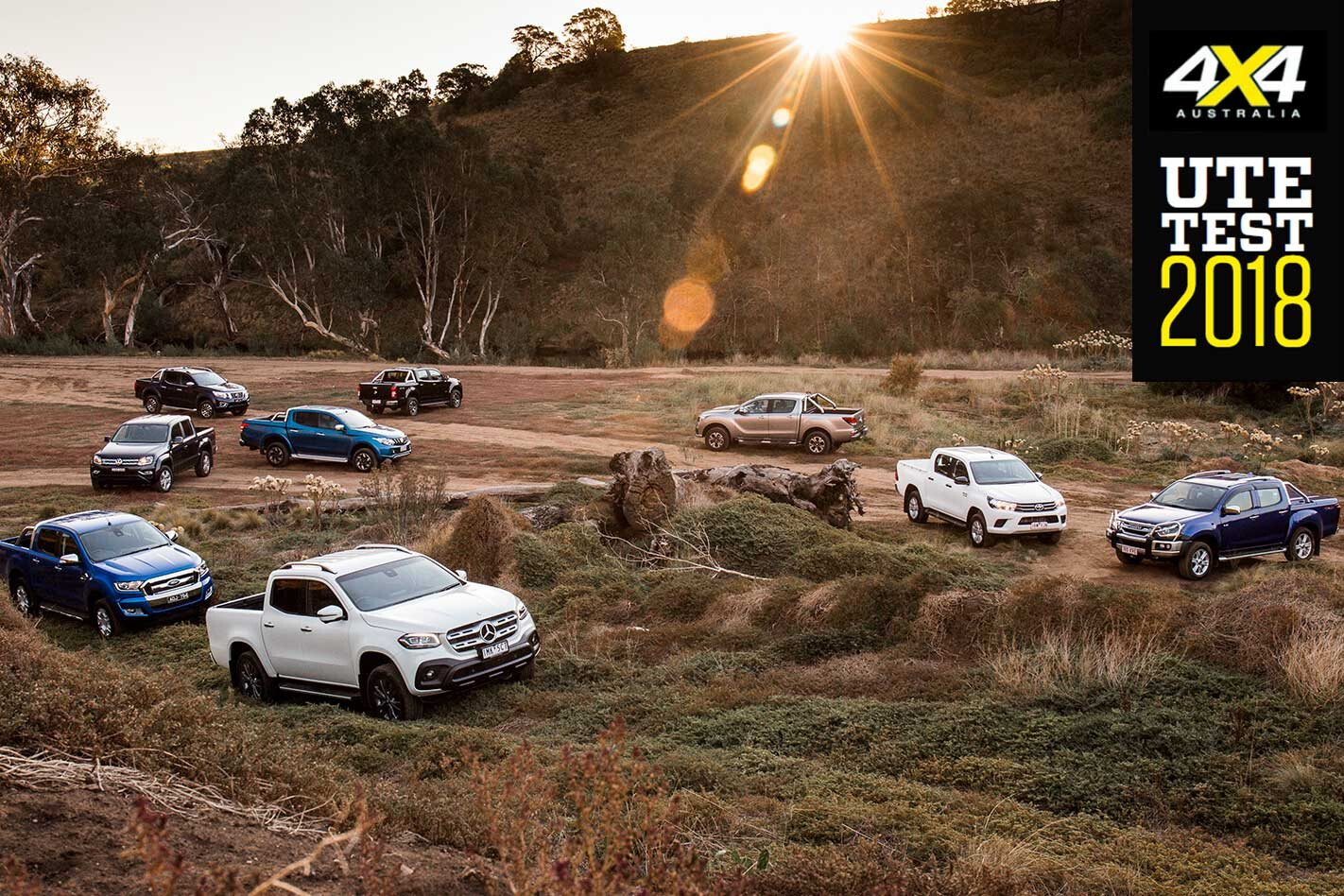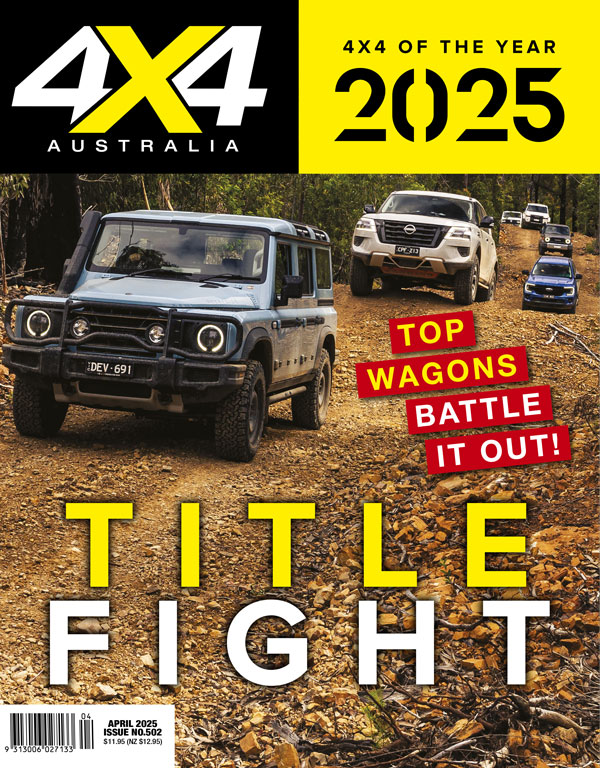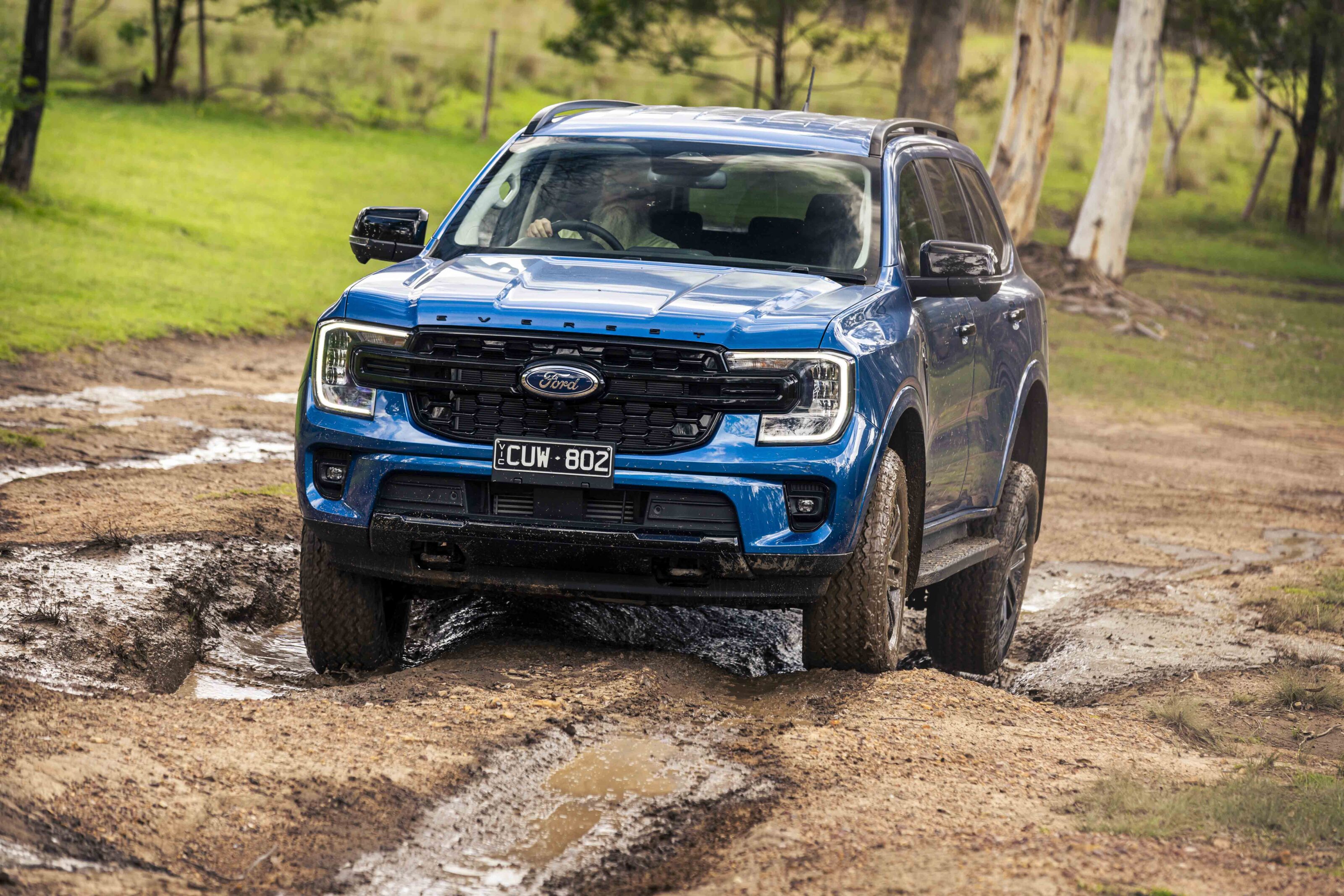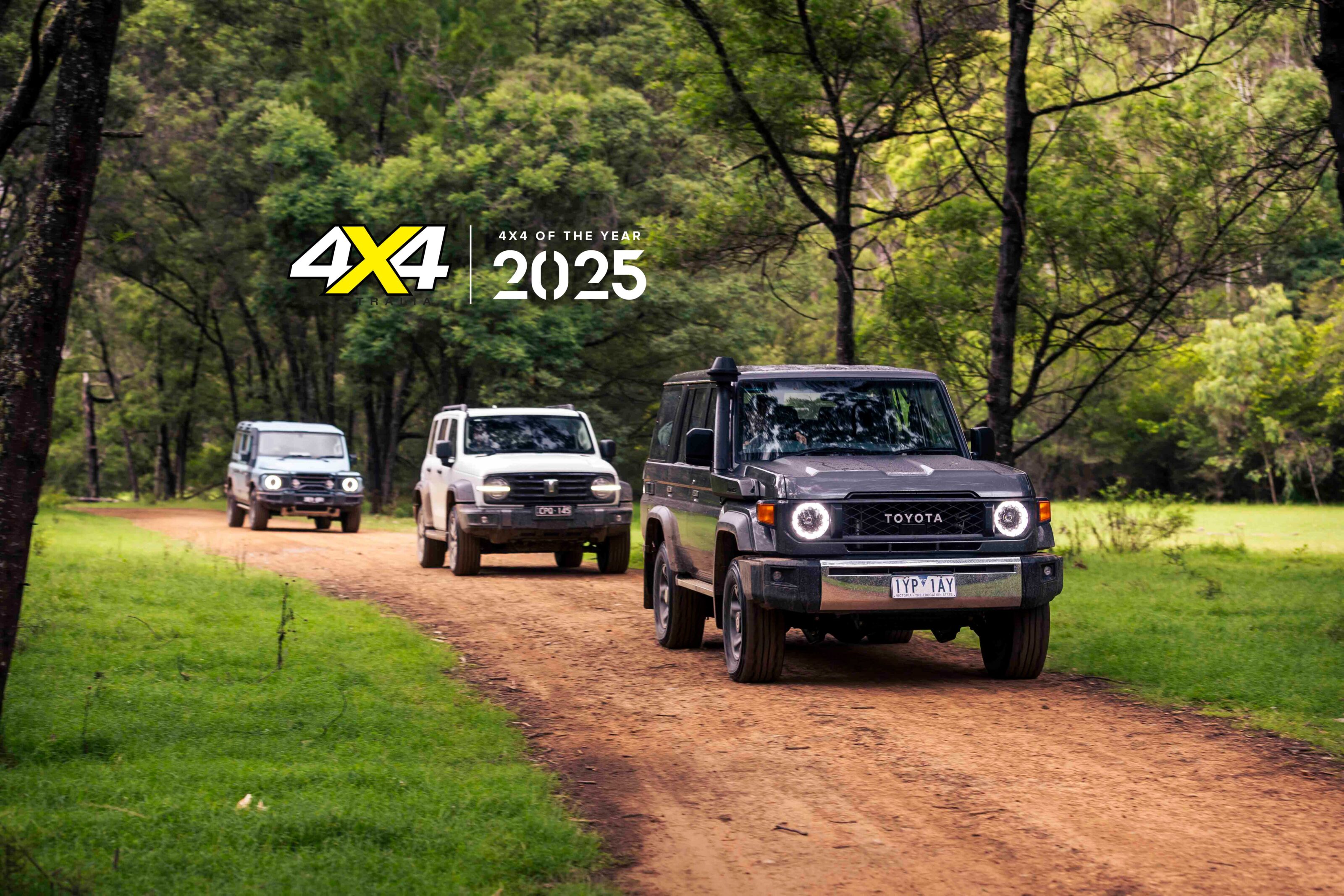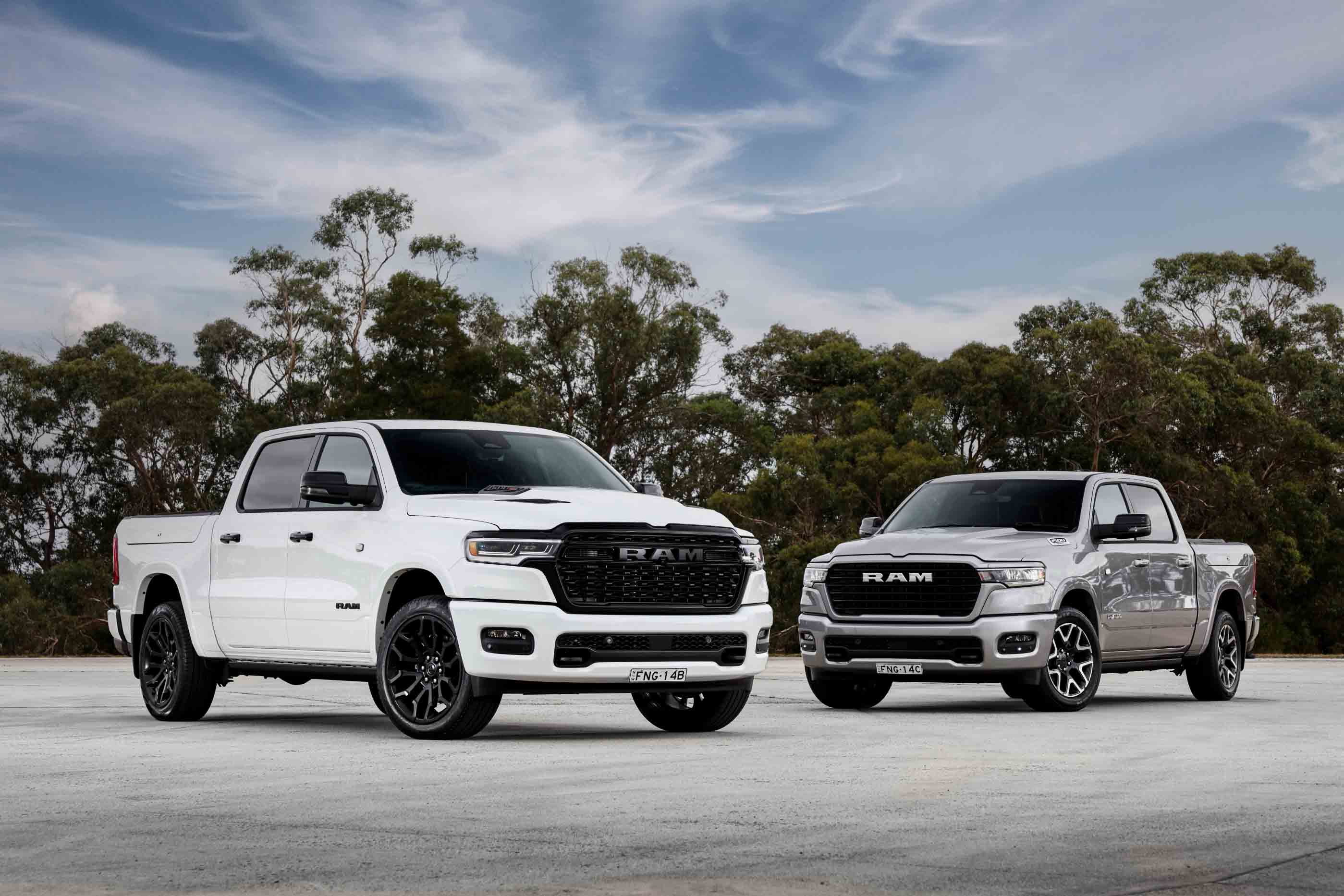WELCOME to 4X4 Australia’s Ute Test, where we have put all of the popular 4×4 dual-cabs through their paces off-road and on-road. Plus, we tested each vehicle carrying a 900kg total payload.
The last time we gathered all utes together was in late 2016 for our Max Load and Tow Test. Before that, back in late 2015, we gathered them together for an on- and off-road comparison test. This time, we have effectively combined the two with on-road, off-road and load testing all in one.
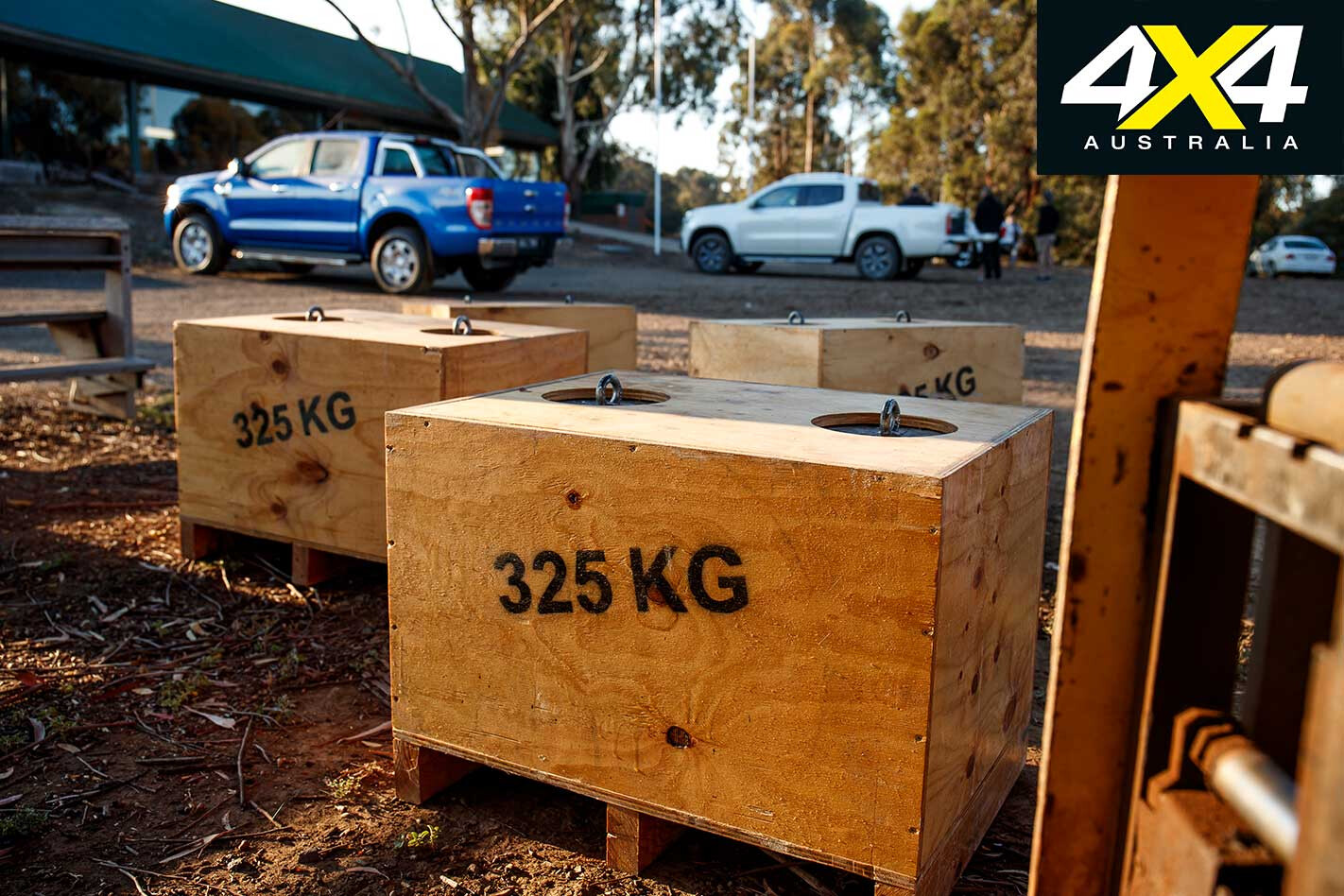
Since the late 2015 test, five of the nine utes are new or have undergone significant mechanical revision. Only the Hilux, Ranger, BT-50 and Triton are effectively mechanically unchanged; although, all have undergone equipment or style changes in that time.
The Mercedes-Benz X-Class is all-new to this class; although, at the same time, a little familiar as it uses the Nissan Navara as a starting point in its design.
Then there’s the Amarok, which sports a new and much more powerful engine in the form of a 3.0-litre V6 diesel in place of the 2.0-litre bi-turbo diesel tested previously. In between the 2015 test and the 2016 Load and Tow test, Holden’s Colorado has undergone a complete top-to-bottom rebirth, and in many ways is a ‘new’ vehicle. It certainly feels like it to drive.
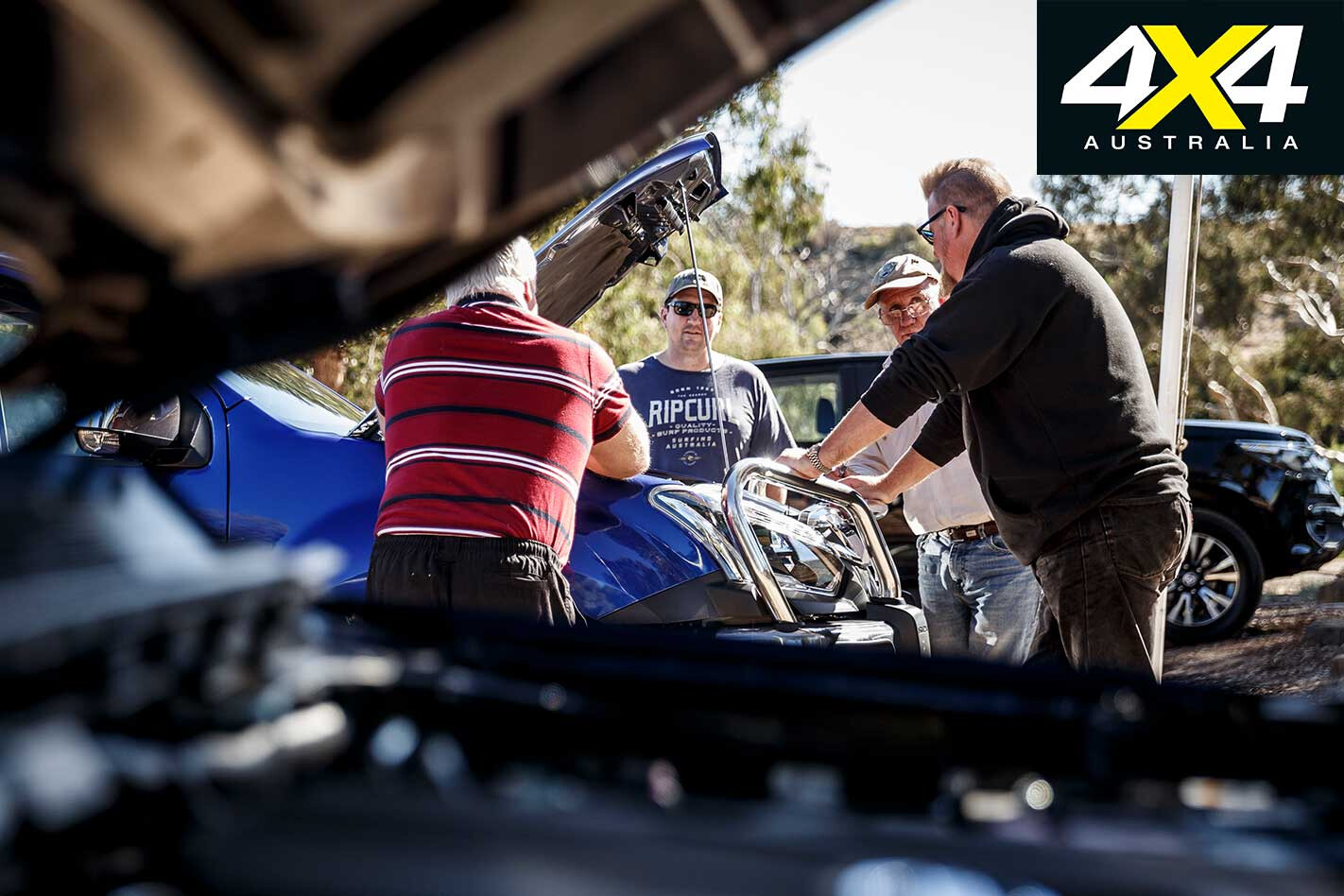
The Isuzu D-Max has been revised twice since the last test. For the 2017 model year the changes were led by an engine upgrade and the addition of a six-speed automatic replacing the previous five-speeder. For the 2018 model year the D-Max has undergone a minor but not insignificant chassis revision.
The Nissan Navara has also been updated twice since the 2016 Load and Tow test, with changes to the suspension – especially at the rear – on both occasions.
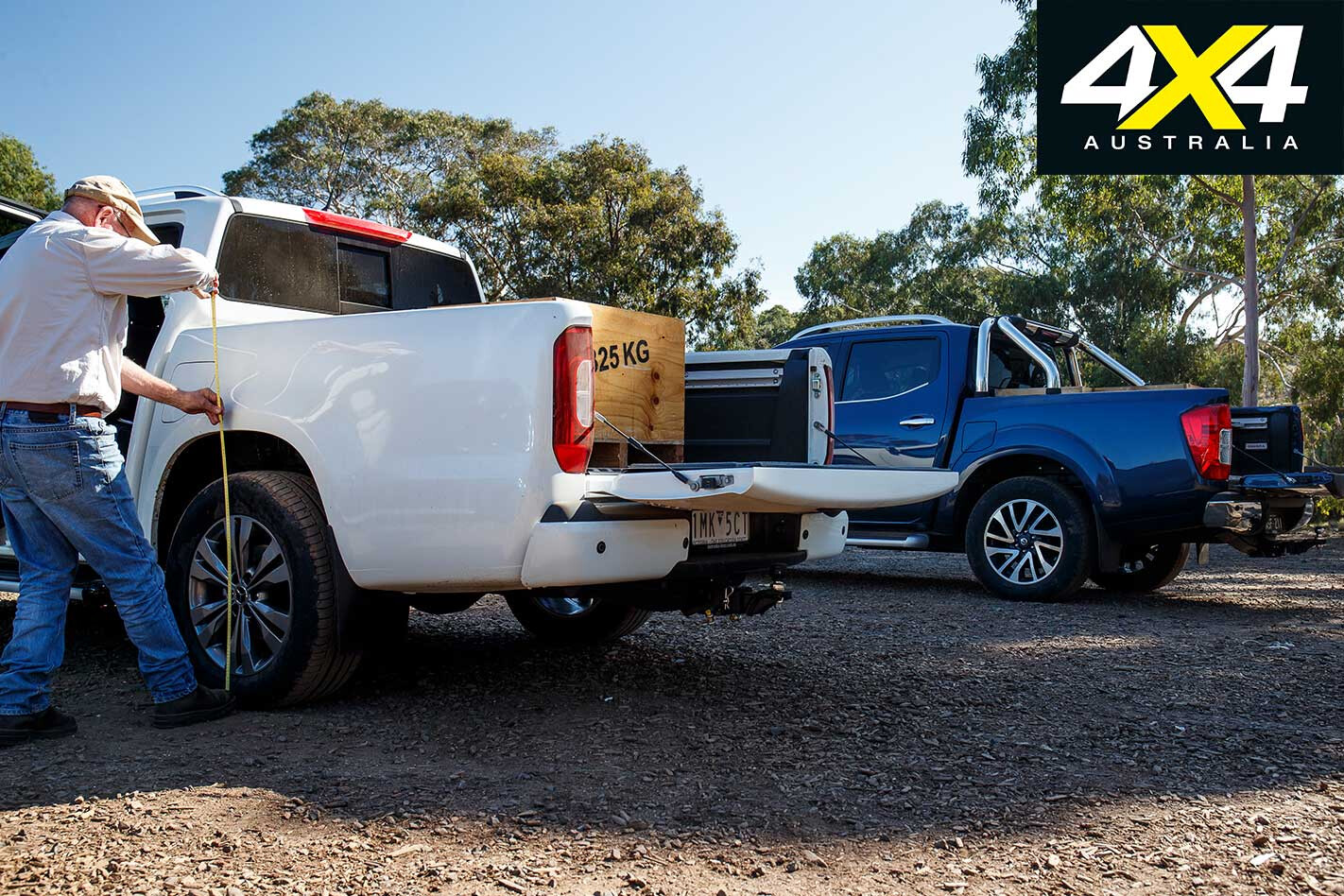
The Hilux SR+ variant tested here, which adds alloy wheels and sat-nav and slots in between the work-spec steel-wheeled SR and the recreational-spec SR5, didn’t exist the last time we gathered all the utes together. It only appeared in late 2017 as part of a shake-up of the Hilux range.
The on-road test involved ride and handling evaluation as well as performance testing; the off-road test involved set-piece hill climbs, obstacle negotiation and water fording; and the payload test involved a total payload of 900kg, made up of 650kg in the tub, driver and two passengers (and towbars/bullbars where fitted) – so close to max payload for the utes, especially those with the lighter payload ratings.
The Contenders
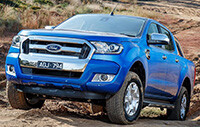 Ford Ranger XLT
Ford Ranger XLT
Ford’s PX Ranger is proof that Australia is the perfect place to design and develop a ute.
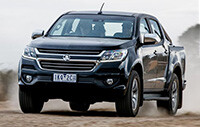 Holden Colorado LTZ
Holden Colorado LTZ
The Colorado arrived in 2012, but it’s the rebirth it underwent in 2017 that really counts.
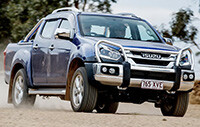 Isuzu D-Max LS-T
Isuzu D-Max LS-T
Isuzu’s D-Max is more stayer than sprinter, but isn’t that what utes are made for?
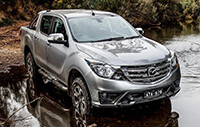 Mazda BT-50 GT
Mazda BT-50 GT
There’s a lot of Ford Ranger in Mazda’s BT-50, which by and large is a good thing.
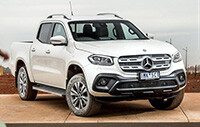 Mercedes-Benz X250d
Mercedes-Benz X250d
Dual-cab 4x4s are booming – not just in Australia but across the globe – and Mercedes-Benz wants a slice of the action.
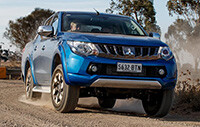 Mitsubishi Triton Exceed
Mitsubishi Triton Exceed
With ongoing factory discounts, the Triton is the cheapest of the mainstream 4×4 dual cabs available in Australia.
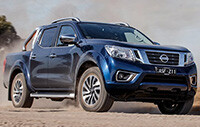 Nissan Navara ST-X
Nissan Navara ST-X
Nissan’s Navara D23 is less than three years old, but it has already been updated twice. Is it finally right?
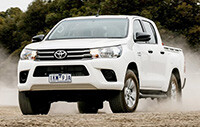 Toyota Hilux SR+
Toyota Hilux SR+
Think of a dual-cab 4×4 and you probably think of Hilux. Most people certainly do.
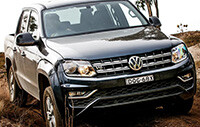 Volkswagen Amarok V6 Sportline
Volkswagen Amarok V6 Sportline
Volkswagen’s long-serving Amarok has a new – and potent – lease on life, thanks to V6 diesel power.
The Results
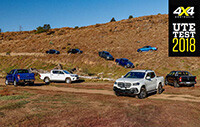 Results and verdict
Results and verdict
Nine utes, but only one winner…

